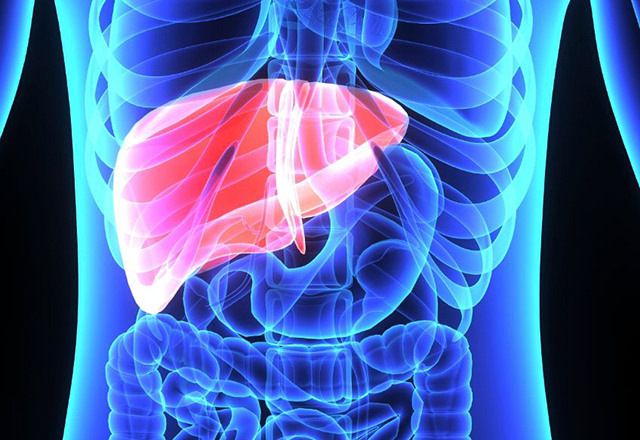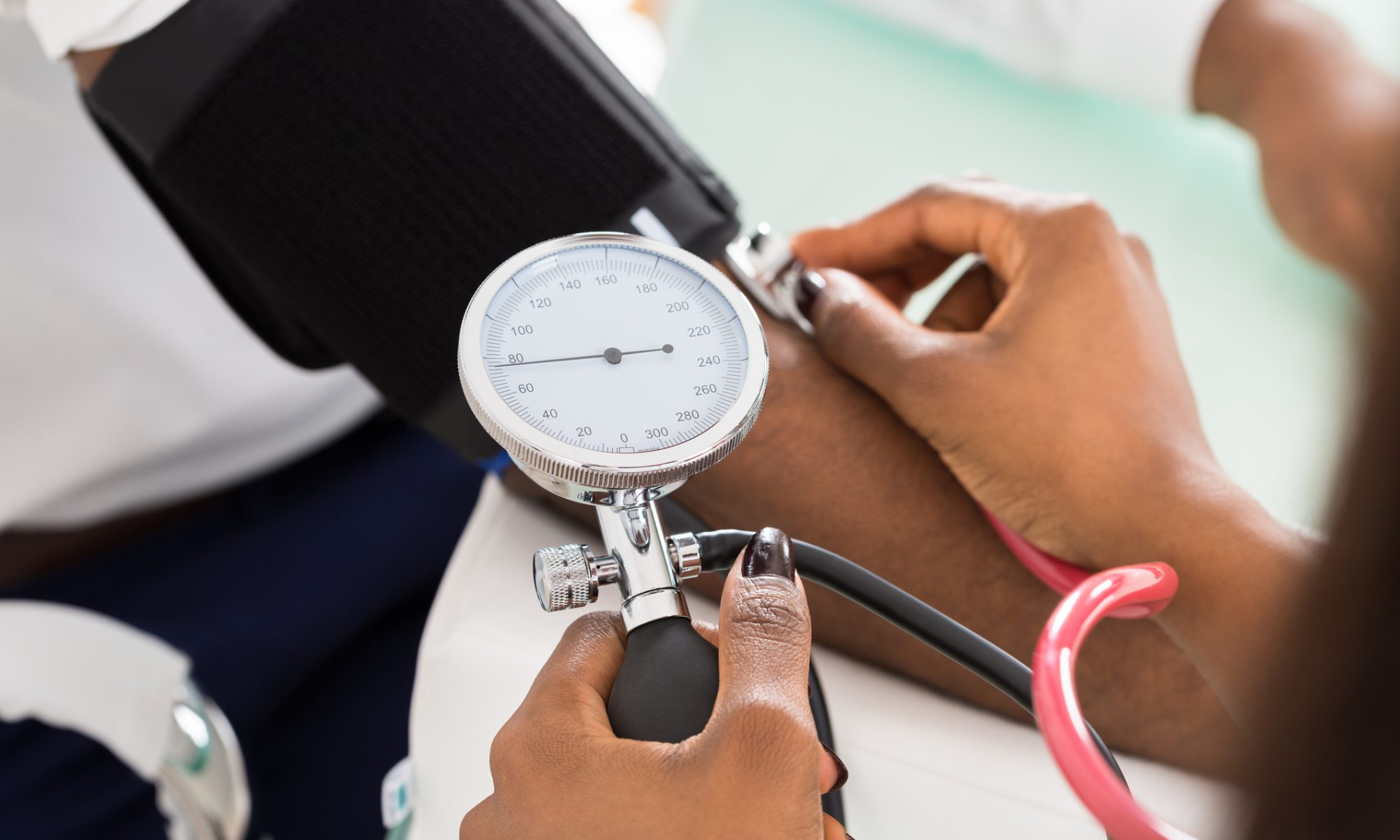Brittany Damazio led study as an undergraduate researcher during the pandemic
UNIVERSITY PARK, Pa. — The age, sex, and other demographic information about a patient can be used to predict whether they will need to be readmitted following a liver transplant, according to new research spearheaded by recent Penn State graduate Brittany Damazio.
Damazio led the analyses and writing on a recent publication in the Journal of Liver Transplantation as an undergraduate researcher in health policy and administration. In the paper, the researchers identified common traits among people who were readmitted to the hospital within 30 days following a liver transplant. This work could one day help doctors prevent readmissions. Read more from Penn State News.



